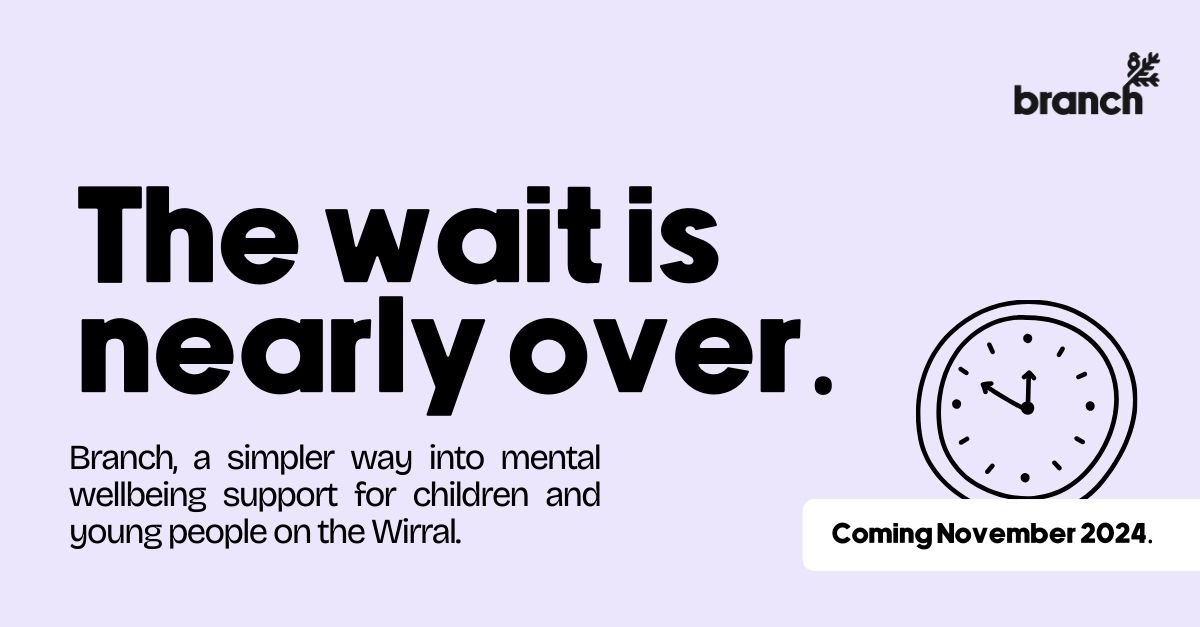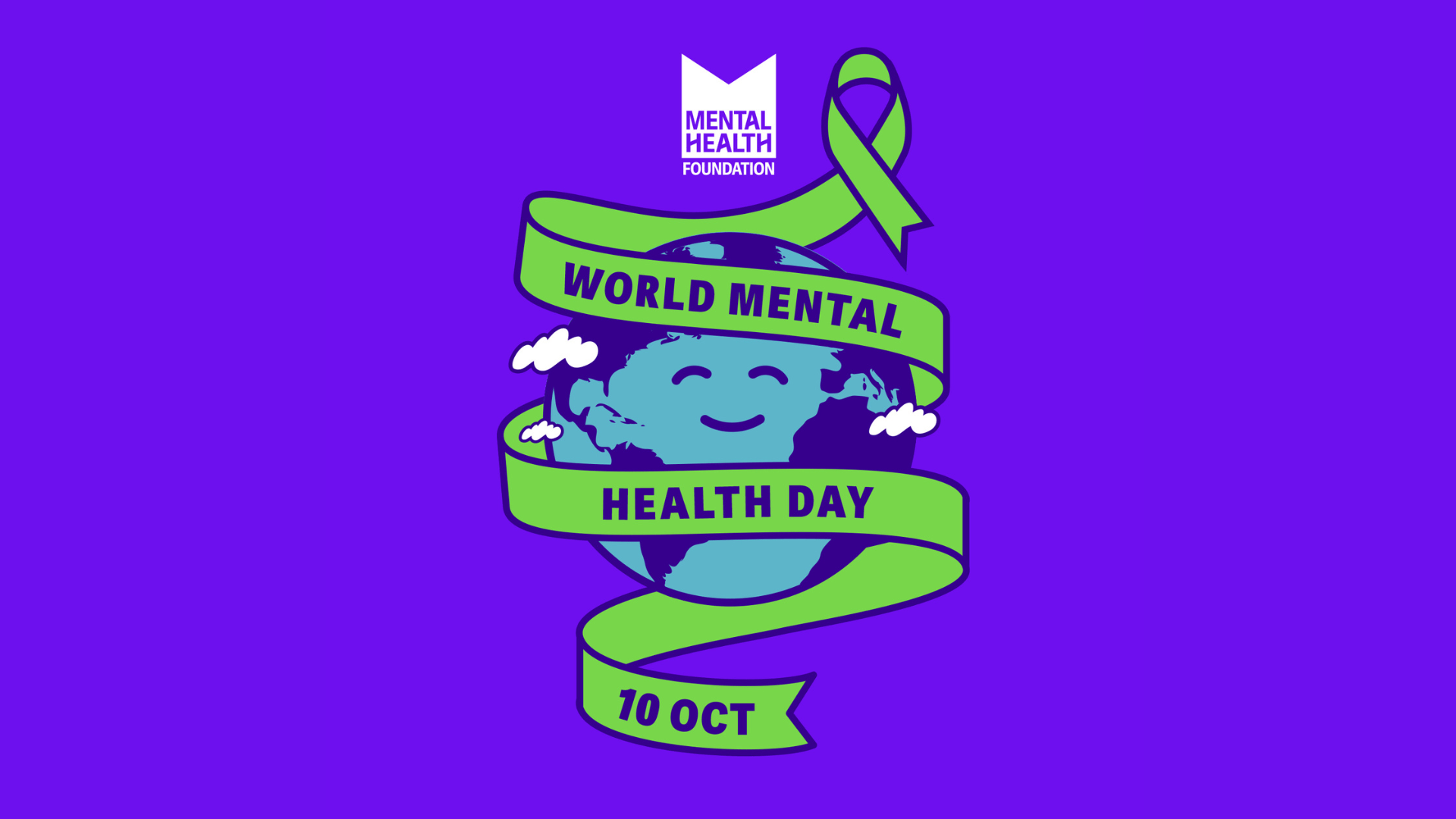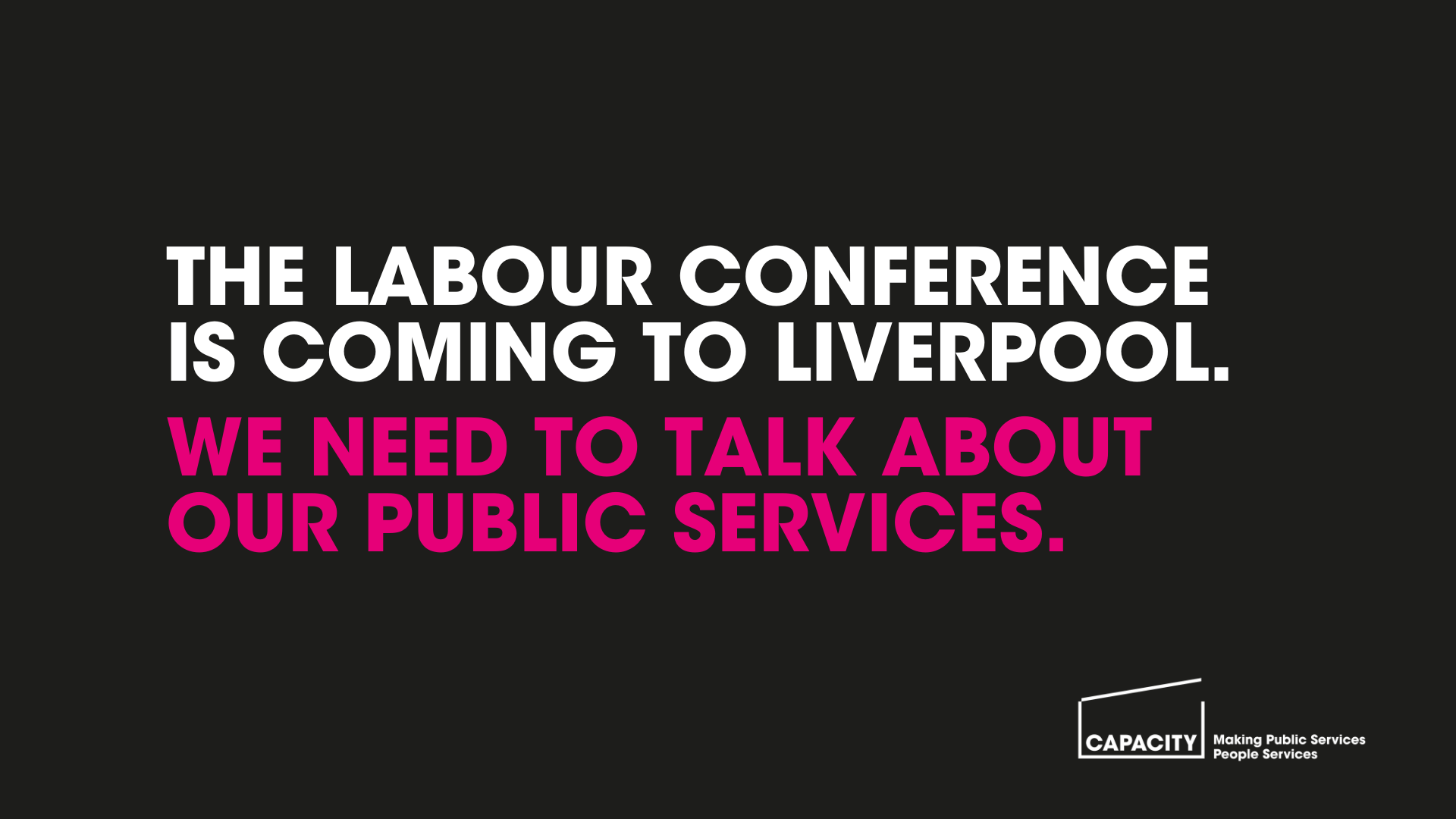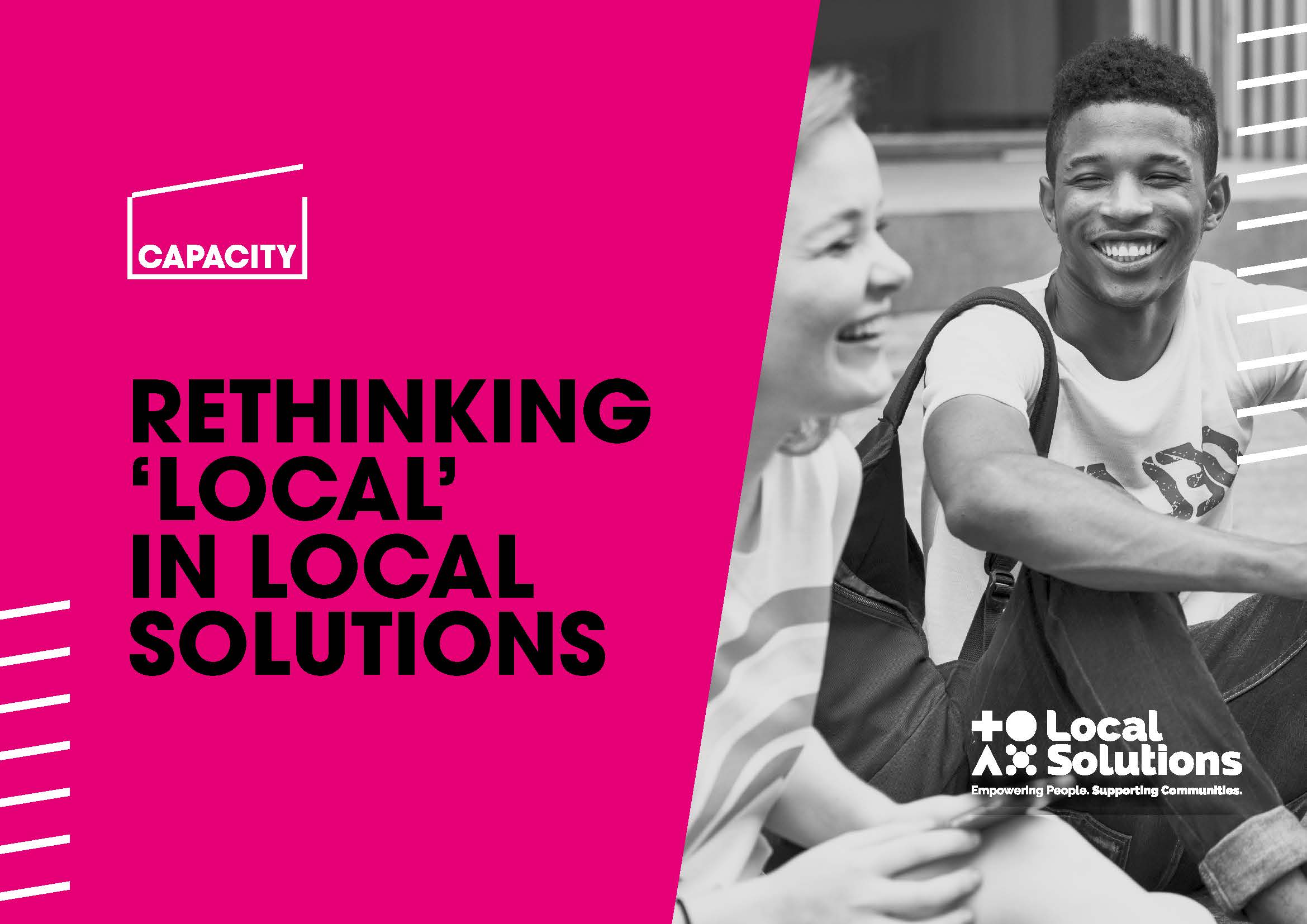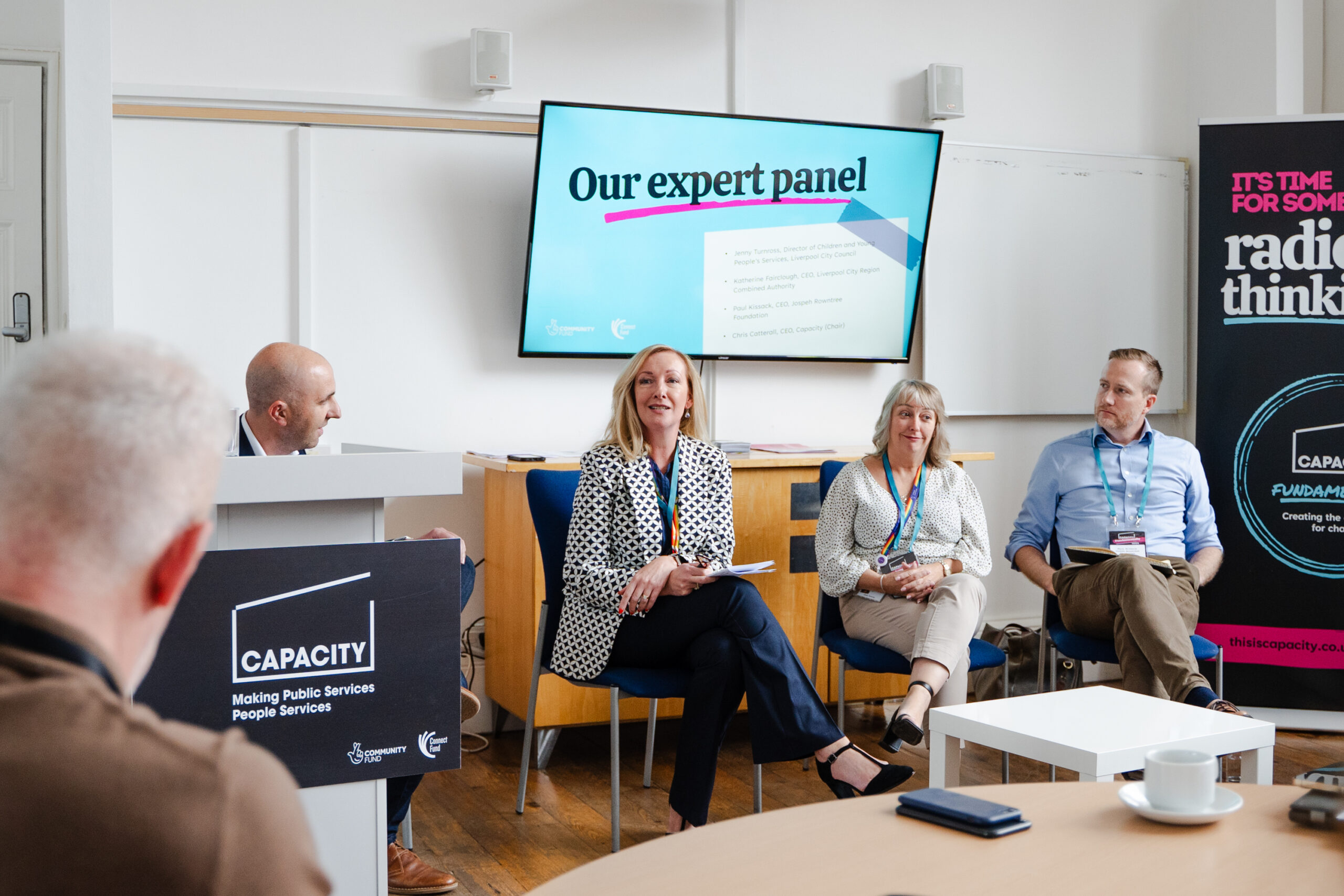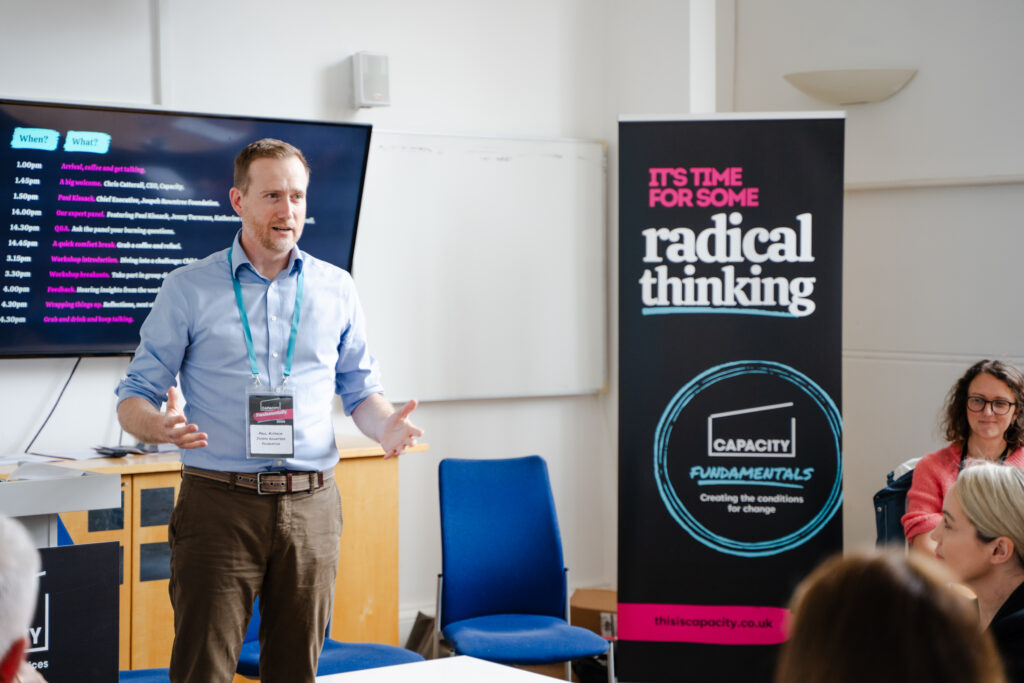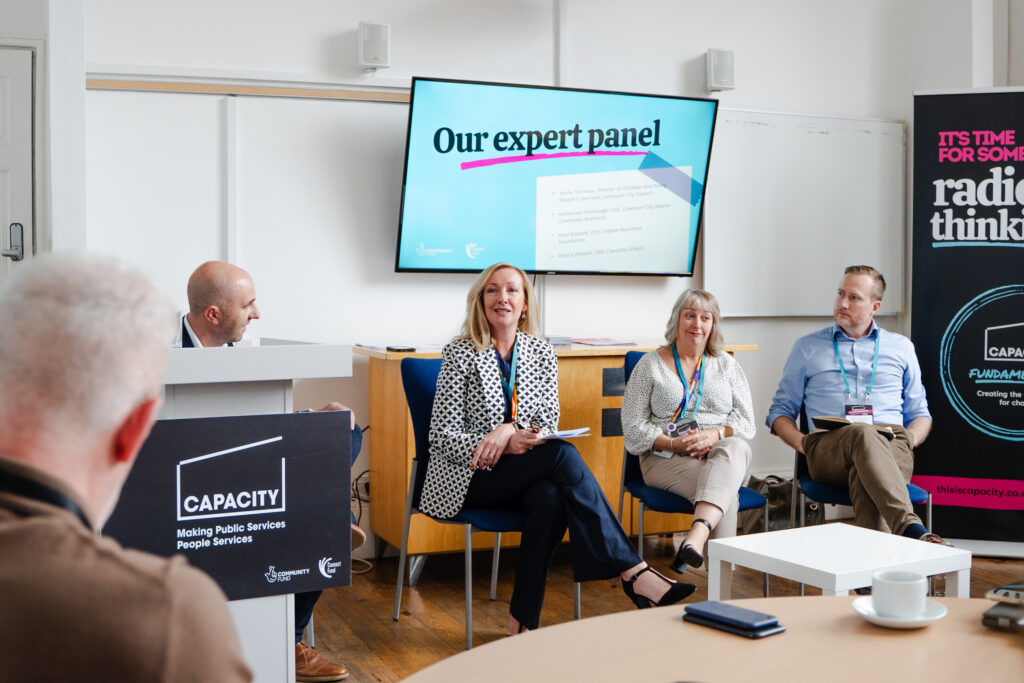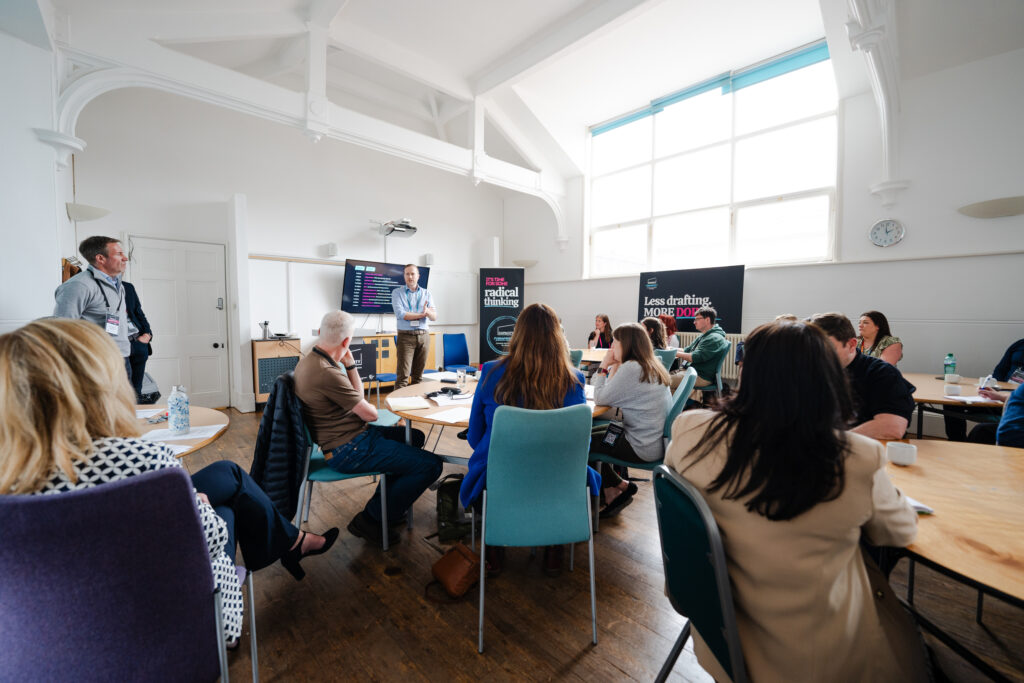Today is World Mental Health Day. While it’s just a day like every other day, it also gives us a moment to pause; perhaps gives us a nudge to ask someone how they’re doing, reflect on our own wellbeing, or just to acknowledge publicly that life can be tough – but we’re all in it together.
Even though as a wider society, we’ve taken some big strides to be more open about mental health, we’re seeing more and more people struggle. This is especially prevalent with our children and young people, and – whatever’s causing that – it’s clear that what we’re doing isn’t working. This mental health epidemic needs a new brave and innovative approach.
Continue reading
